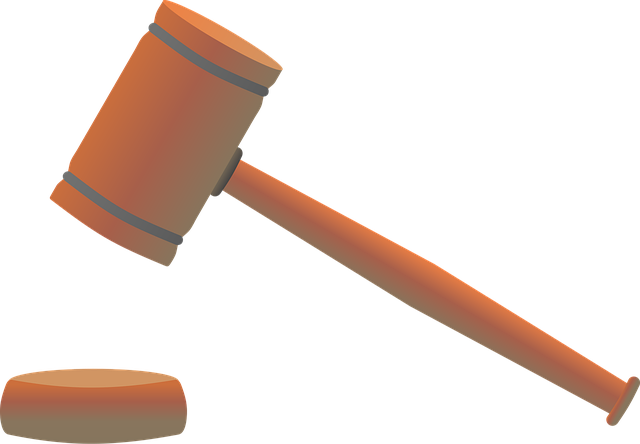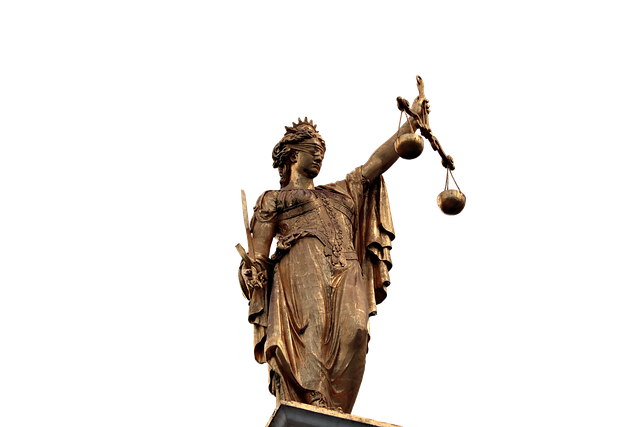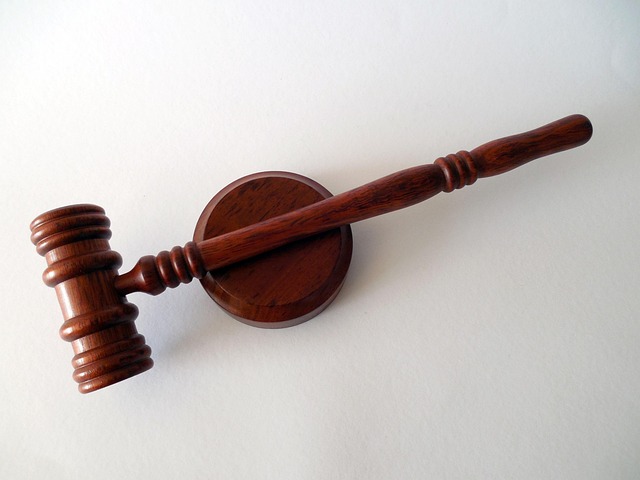Criminal law enforcement deals with investigating, prosecuting, and resolving crimes from misdemeanors to felonies, focusing on public safety and accountability. Understanding workplace rights violations is vital in this field, as they often involve corporate misconduct like discrimination, unequal pay, retaliation, and data privacy breaches. These violations can impact evidence and jury decisions, necessitating legal protections for employees and organizational integrity strategies for employers.
Criminal law enforcement is a complex and vital aspect of modern society, encompassing a wide range of activities aimed at protecting citizens and maintaining social order. This article delves into the fundamentals of criminal law, exploring its scope and impact on various scenarios, including common examples of workplace rights violations. By understanding these cases, we can navigate the consequences for both employers and employees, highlighting essential remedies and strategies for resolving such issues effectively.
- Understanding Criminal Law Enforcement: The Basics and Its Scope
- Common Examples of Workplace Rights Violations in the Context of Criminal Law
- Navigating Consequences and Remedies for Employers and Employees
Understanding Criminal Law Enforcement: The Basics and Its Scope

Criminal law enforcement is a multifaceted field that involves the investigation, prosecution, and resolution of crimes. It encompasses a wide range of activities aimed at ensuring public safety and holding offenders accountable. The scope of criminal law extends to various types of offenses, from petty misdemeanors to serious felonies, each with its own set of rules and procedures. Understanding this legal framework is crucial for both corporate and individual clients navigating potential legal issues.
The process begins with the initial report of a crime, followed by all stages of the investigative and enforcement process. Law enforcement agencies gather evidence, conduct interviews, and build cases to present to prosecutors. Once charged, defendants have rights, such as the right to legal counsel, a fair trial, and protection from self-incrimination. Examples of workplace rights violations often fall under this realm, where corporate entities may face charges for misconduct or white-collar crimes. Skilled attorneys specializing in criminal defense play a critical role in guiding clients through these complex matters, ensuring their rights are protected throughout the entire process.
Common Examples of Workplace Rights Violations in the Context of Criminal Law

In the realm of criminal law enforcement, understanding examples of workplace rights violations is pivotal, especially when addressing white collar and economic crimes. Common scenarios include employment discrimination, where individuals are subjected to unfair treatment based on race, gender, or age, leading to a hostile work environment. Another breach is unequal compensation, where employees receive lower pay for similar work, often affecting women and minorities.
These violations can also manifest as retaliation against workers who exercise their rights, such as reporting fraudulent activities within the organization. Mismanagement of employee records and data privacy breaches are additional concerns. Moreover, achieving extraordinary results in criminal cases may rely on evidence gathered from such violations, underscoring the importance of recognizing and addressing them to ensure fairness and uphold the law, particularly in jury trials.
Navigating Consequences and Remedies for Employers and Employees

In the realm of criminal law enforcement, understanding the consequences and remedies for workplace rights violations is paramount. When employees face unjust treatment, they have legal protections that can be invoked to rectify situations ranging from unfair hiring practices to discriminatory terminations. For instance, an employee who experiences racial or sexual harassment in the workplace has recourse through anti-discrimination laws, aiming to hold employers accountable for creating or allowing hostile environments.
Moreover, white collar defense strategies play a significant role in navigating these consequences. Employers with an unprecedented track record of addressing and preventing such violations can mitigate legal risks by implementing robust policies and procedures. Across the country, cases involving fraud, embezzlement, and other financial crimes have underscored the importance of proactive measures to protect both employees’ rights and organizational integrity.
Criminal law enforcement plays a crucial role in maintaining societal order and protecting individual rights. By understanding the basics and scope of criminal law, we can better recognize and address violations like those occurring in the workplace. Examining real-world examples of such violations, such as discrimination or harassment, is essential for both employers and employees to know their rights and available remedies. Navigating these consequences requires a strategic approach, emphasizing proactive measures and swift action to foster a safer and more equitable work environment.






